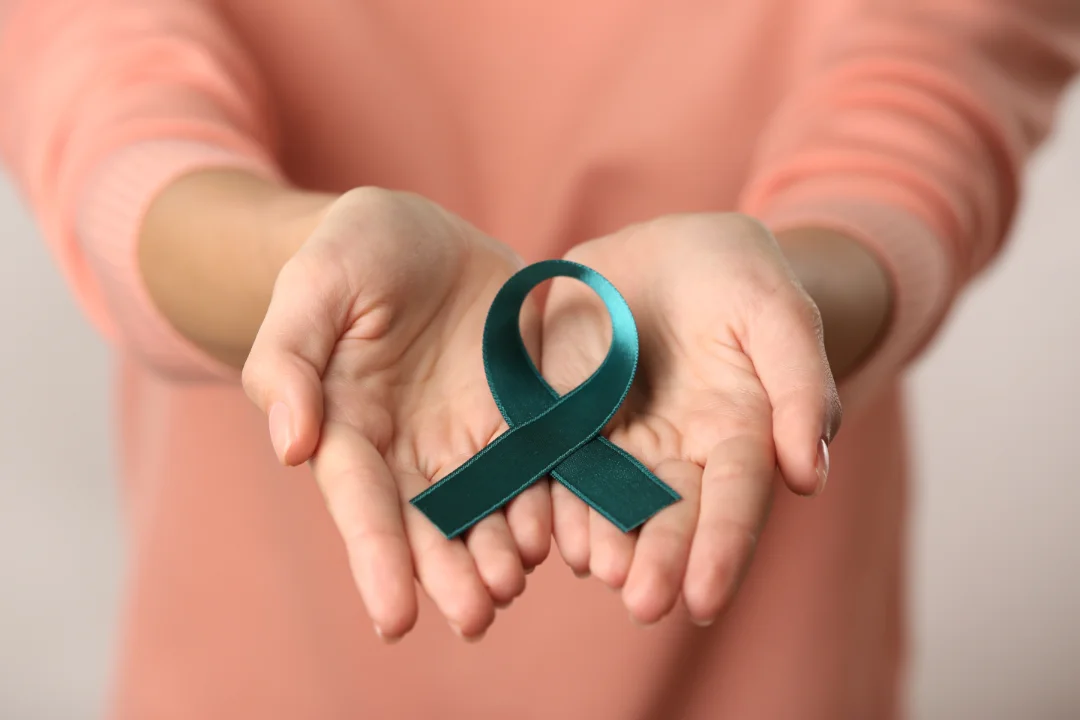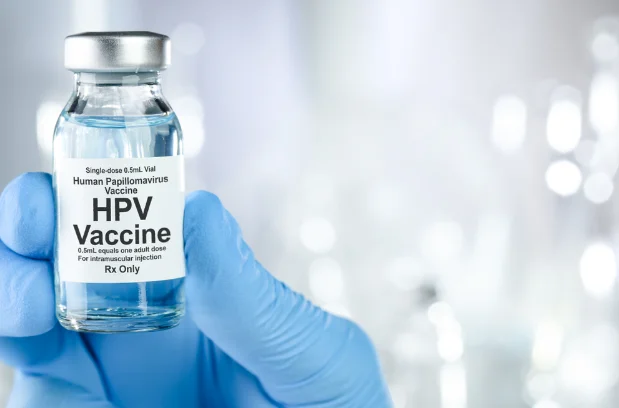
In this article, we’ll discuss:
Cervical cancer is cancer arising from the neck of the womb. The National University Cancer Institute Singapore (NCIS) ranks cervical cancer in the top 10 cancers affecting Singaporean women in their latest trends for 2011 - 2015, with it currently in the 10th position.
Cervical cancer does not happen overnight – there is typically a slow progression over years before cancer finally occurs. The most common starting point is abnormal changes of the cells of the cervix, called CIN, or cervical intra-epithelial neoplasia.
CIN is in turn classified into:
As CIN does not cause any symptoms, the most common way it is detected is via a Pap smear screening, where abnormalities are first picked up, followed by a colposcopy assessment and cervical biopsy.
In recent times though, researchers have shown that the reason why CIN occurs is due to persistent infection with certain types of human papillomavirus (HPV); as such, HPV is now the focus of screening and prevention when it comes to cervical cancer.
The World Health Organisation[1] points out that a vast majority of cervical cancers (more than 95%) is linked to HPV.
HPV is a common viral infection that will infect most sexually active people in their lifetimes. According to the Centers for Disease Control and Prevention[2] (CDC), more than 200 distinct HPV types have been identified and they are classified into:
Note: Infection with a high risk HPV type does not necessarily mean that you will develop cervical cancer.
In actual fact, most women with a normal immune system (over 90%) can and will clear the viral infection by themselves with no sequelae - it is only in the case of persistent infection with a high-risk HPV type where problems arise.
Women with a suppressed immune system, e.g. with human immunodeficiency virus (HIV), solid organ transplants, heavy smokers etc are at an increased risk of developing cervical cancer.
Other than causing cervical cancer, high risk HPV infection can also cause cancers of the vulva, vagina, anus, penis and oropharyngeal cancers.
3 different HPV vaccinations are now available, namely Cervarix, Gardasil-4 and Gardasil-9, with Gardasil-9 being the latest released in the market.
| Cervarix | Gardasil-4 | Gardasil-9 |
|---|---|---|
| Protects against HPV types 16 and 18 (both high-risk cancer causing types that cause 70% of cervical cancers) | Protects against HPV types 16 and 18 as well as low-risk non cancer causing types 6 and 11 (which cause 90% of genital warts) | Has the same coverage as Gardasil-4 and provides additional coverage against 5 more high-risk cancers causing types 31, 33, 45, 52 and 58, which all in all cause 90% of cervical cancers. |

Under the National School-based HPV programme, the Health Promotion Board offers subsidized Cervarix vaccinations to eligible Secondary 1 and 2 female students attending MOE-registered schools, Special Education schools, privately funded Schools and full-time Madrasahs:
However, HPV vaccination is not compulsory and requires parental consent in order to proceed.
Medisave can be used to subsidize the cost of Cervarix and Gardasil-4 vaccinations in eligible individuals 26 years and below in Singapore, but does not cover Gardasil-9. It is important to note, though, that Gardasil-4 has since been discontinued in Singapore from July 2022.
For those above 26 years old who have not been vaccinated, there is no need to despair.
The Food and Drug Administration (FDA) has approved Gardasil-9 for use in women and men through to age 45 years - that’s right, men can and should be vaccinated too!
The ACIP (Advisory Committee on Immunization Practices) recommends that HPV vaccination be based on shared clinical[3] decision making for individuals aged 27 through 45 years though, so you should discuss with your gynaecologist about the pros and cons about getting vaccinated before proceeding with it so that you can make an informed decision.
The National Cervical Cancer Screening Programme in Singapore advocates the following:
The reason why younger females aged 25 to 29 years old are encouraged to go for a Pap smear test rather than a HPV test is due to the high prevalence of HPV infection in this age group, which can lead to unnecessary panic and further invasive tests which may not be necessary given most women will clear these infections on their own.
The HPV test is performed the same way as a Pap smear test:
Note: Being HPV vaccinated does not mean that you have 100% protection against cervical cancer - you should still continue with your regular cervical cancer screening. This is to ensure that any pre-cancerous changes can be picked up early - CIN is easily treatable, to arrest the progression to cervical cancer.
It is hoped that as more women get the HPV vaccine and glean a greater awareness of the need for regular screening, cervical cancer gradually becomes a thing of the past.
A recent publication by the Lancet[4] in December 2021 showed a substantial reduction of cervical cancer and CIN3 in young women since the introduction of HPV immunization programme in England, with the programme successful in almost eliminating cervical cancer in women born since 1st September 1995. This is heartening news indeed and one can certainly hope that Singapore will reach the same target soon.
Do you have any questions for me? Feel free to contact me and I’ll reply as soon as I can.
References